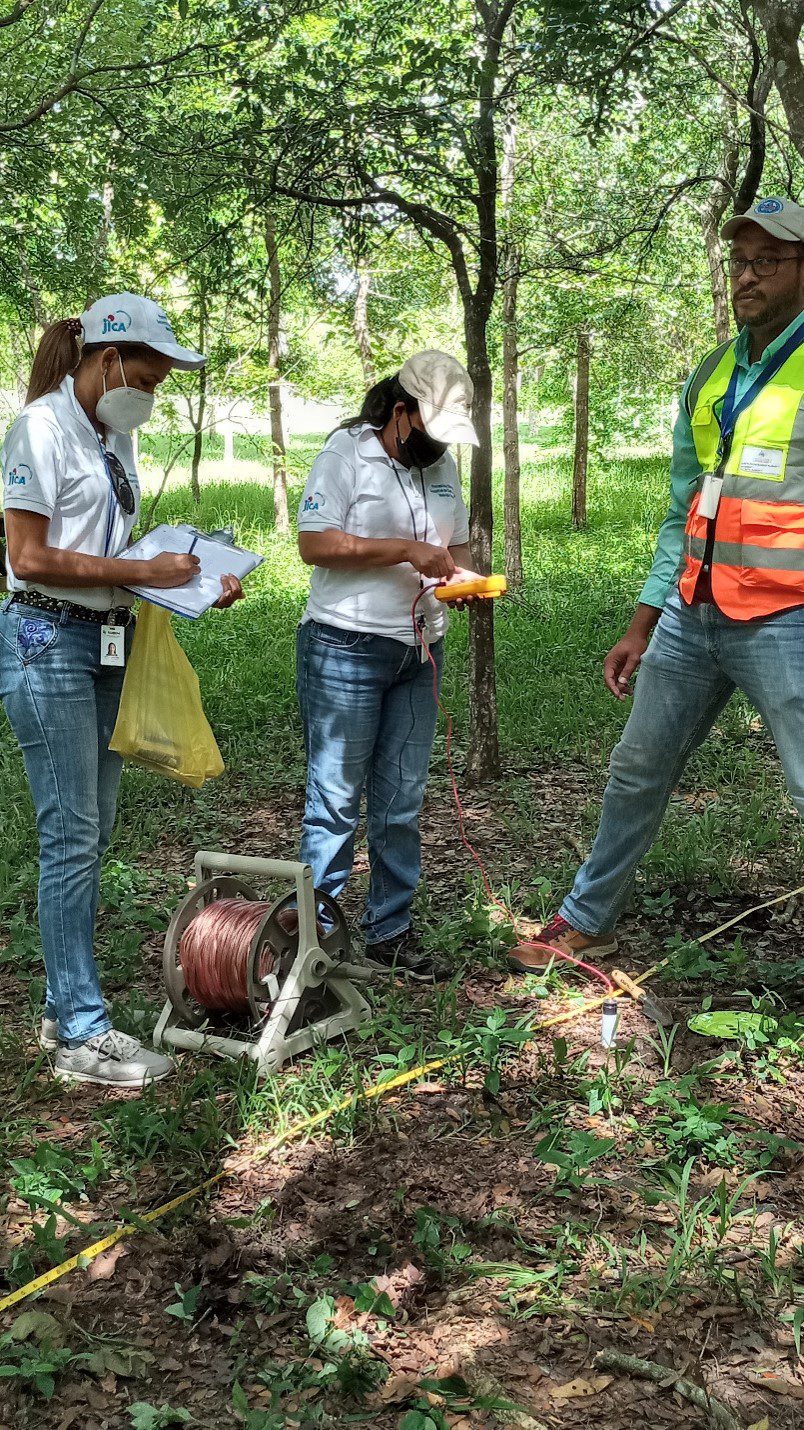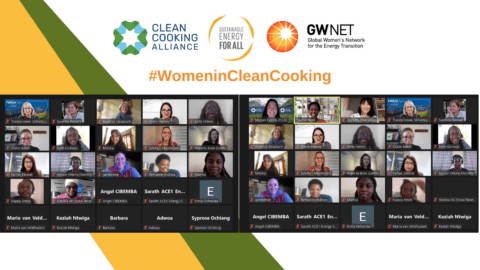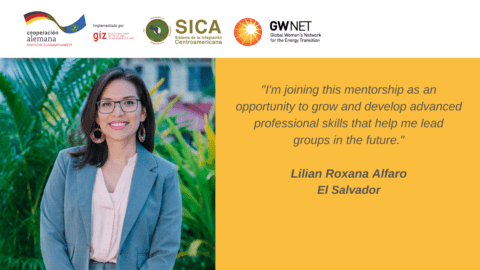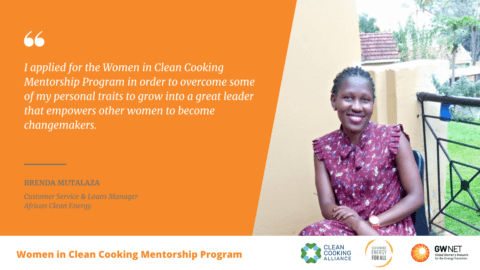GWNET brings you the 3rd instalment of the “Meet the Women in the SICA Energy Transition” series which celebrates the work and achievements of the women who are part of the Women in the SICA Energy Transition Mentoring Programme. This programme is made up of 38 mentee-mentor tandems, with mentees from 7 countries. Meet SICA mentee, Yenny Altagracia Rodríguez de Estepan, Head of the Department of Hydrogeology and Water Quality at the National Geological Service in the Dominican Republic.
1) Tell us a little about yourself. What do you love most about what you do?
I am a civil engineer, with a master’s degree in engineering and environmental evaluation. I am part of the doctoral program of the Polytechnic University of Cartagena, Spain, currently preparing my doctoral thesis on the topic “Conceptual Hydrogeological Model of the Ozama Wetlands, Dominican Republic”.
Since 2013 I have been in charge of the Department of Hydrogeology and Water Quality of the National Geological Survey (SGN). I am also part of the Technical Group of Geosciences (GTG) of SICA. From my institution, I participate in several investigations related to earth sciences, among them, I want to highlight the project identification of geothermal energy reservoirs in Central America for community development (local), within the framework of the German Cooperation, Reservoirs II, implemented by the Federal Institute of Geosciences and Natural Resources (BGR).
What I love most of what I do is hydrogeology – it has become one of my greatest passions, putting into practice the knowledge that I have acquired over more than 20 years of study. I thank God for all the opportunities he has given me, including being part of the geothermal potential study of the Dominican Republic.
2) What were your goals when you started working in the energy sector? How have these evolved?
When I started working in the geothermal potential study of the Dominican Republic, my objectives were to acquire knowledge through training and cabinet and field studies and to be able to cooperate and advise on the protection and evaluation of hydro geothermal and mineral water resources in the Dominican Republic.
These objectives have evolved a lot. The knowledge acquired has given me the opportunity to be part of the Technical Group of Geosciences (GTG) of SICA, as well as participate in the III Regional Workshop on Geothermal, receive different training on topics related to geothermal, and become part of the project identification of geothermal energy reservoirs in Central America for community development (local) “Reservoirs II”, together with the SICA countries, through which the geological service has given me all its support to lead a pilot case study in the municipality of Guayabal, Azua province, in the south of the country.

Photo 1: La Tina hydrothermal spring, Guayabal municipality.
3) What are the opportunities for sustainable energy in your country?
The opportunities for sustainable energy in the Dominican Republic are many. We are a developing country and there is still much to know about our energy resources. Sustainable energy is a national priority issue.
The roadmap (REmap) of the International Renewable Energy Agency (IRENA) highlights the potential of the Dominican Republic to increase the share of renewable energy generation to 44% in 2030, based essentially on photovoltaic solar energy (PV), wind energy and bioenergy. I believe that we must promote and include within this quota the use of geothermal resources at the national level.
Being part of the researchers who studied the geothermal potential of the Dominican Republic, I was also chosen by the Minister of Energy and Mines as the representative of the country before the Technical Group of Geosciences (GTG) of SICA. In addition, I was participating jointly with the SICA countries in the project identification of geothermal energy reservoirs in Central America for community development (local) while also working with the Guayabal Municipal Mayor’s Office on an interesting project for the identification and characterization of geothermal resources and their potential use, focused on hydrothermal manifestations and their direct uses.
Thank God I am overcoming these challenges with great dedication and responsibility. Since I have the support of my family and an excellent work team in the National Geological Survey, I feel that I am an empowered and fulfilled woman.

In 5 years I would like to be dedicated to the development of research projects related to the use of geothermal energy, renewable energy and energy efficiency. This mentoring program will help me increase my knowledge on energy issues both in the member countries of the SICA region, as well as improve my personal skills to promote this knowledge nationally and internationally.
6) What advice would you give to women hoping to join the sustainable energy sector?
I advise women who wish to join the energy sector to make the most of the opportunities that this sector is going to provide them, to work with love, dedication and empowerment for the benefit of their countries and future generations since there is still much to do. We have to move forward, increasing geoscientific knowledge in the areas of renewable energy, energy efficiency and the use of geothermal energy.
Read more about GWNET’s mentoring programmes here.











